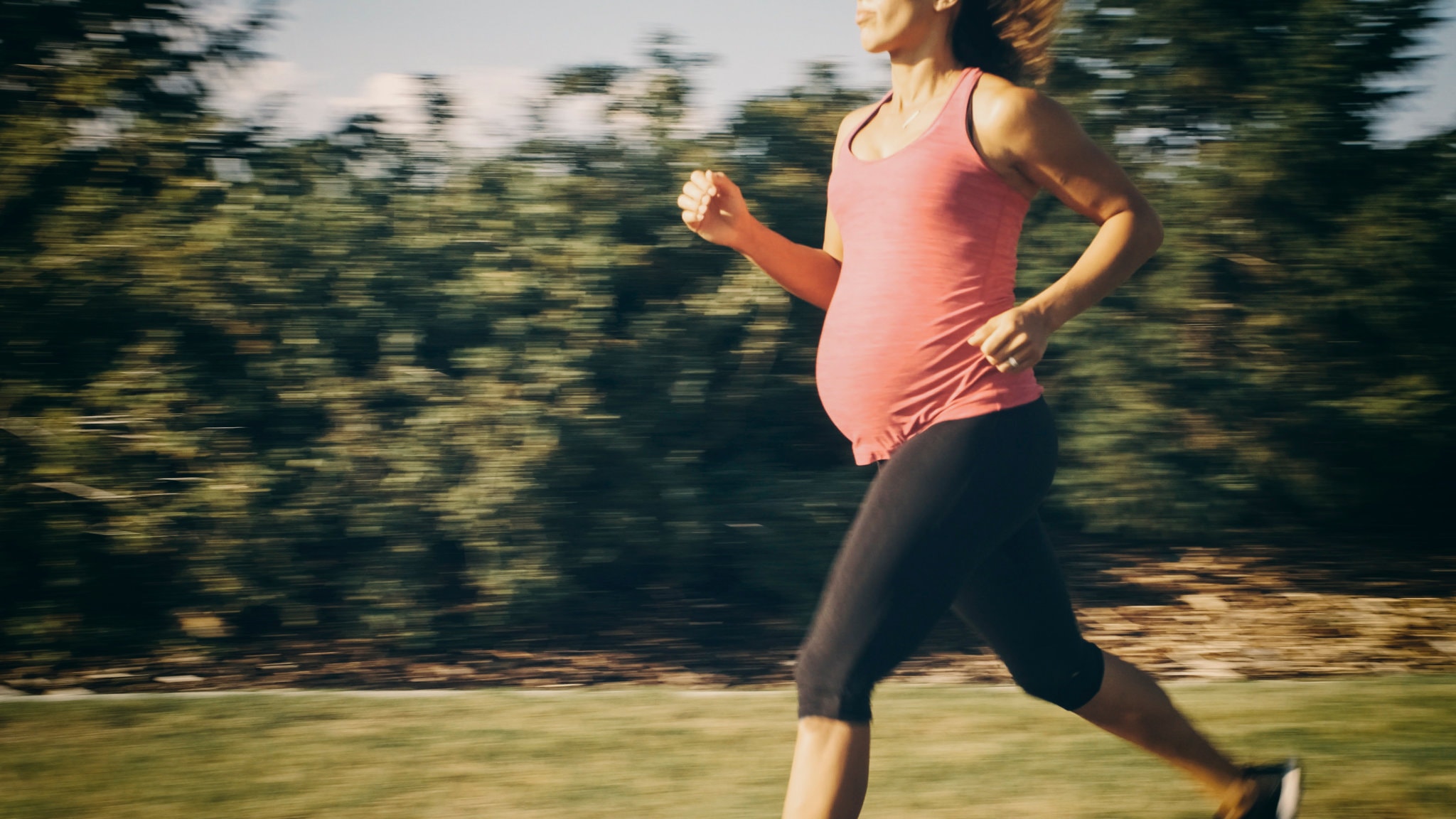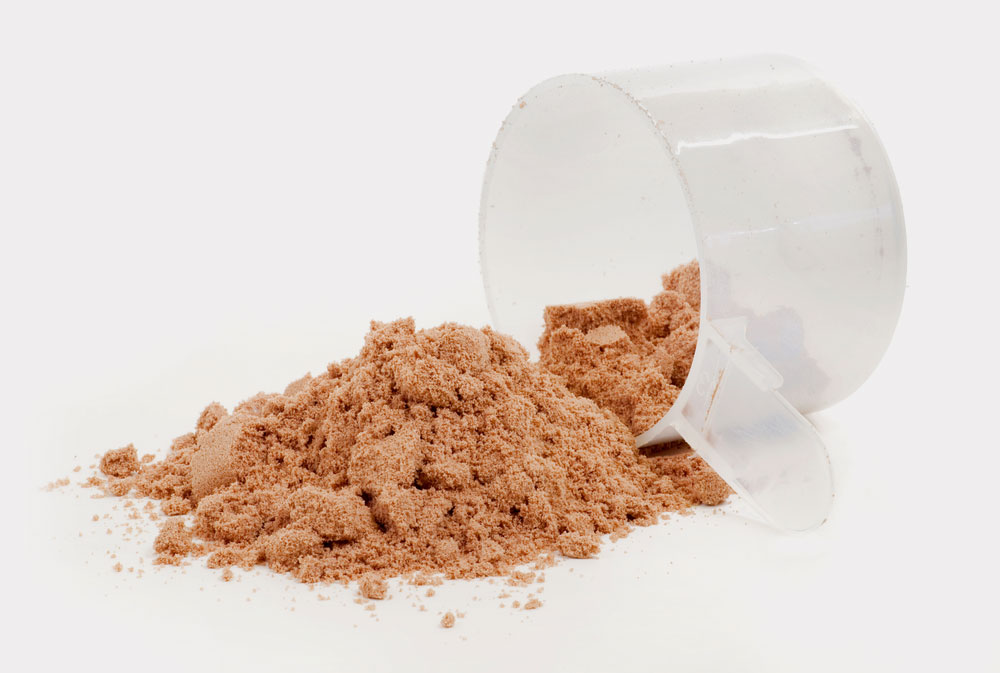Exercise During Pregnancy May Have Lasting Benefits for Babies
Exercise During Pregnancy May Have Lasting Benefits for Babies
Babies whose mothers had exercised tended to perform better on tests of motor skills.

Newborns whose mothers exercise during pregnancy may become physically coordinated a little earlier than other babies, according to a captivating new study of gestation, jogging and the varying ability of tiny infants to make a fist. The study’s findings add to growing evidence that physical activity during pregnancy can strengthen not just the mother but also her unborn children and might influence how well and willingly those children later move on their own.
The current physical activity guidelines in the United States and Europe call for children to run and play for at least an hour every day. But, according to most estimates, barely a third of European and American youngsters are that active. Many factors contribute to this physical languor, including crowded family schedules, lack of physical education programs in schools, childhood obesity and overly ample screen time.
But recently, Linda E. May, an associate professor of foundational science and research at East Carolina University in Greenville, N.C., began to wonder whether the prenatal environment might also play an unexpected role.
Her own earlier research hinted that the idea was plausible. For a 2011 study, she and her colleagues had compared the cardiac function of babies born to mothers who had been sedentary or worked out during pregnancy and found that infants whose mothers exercised developed stronger, more athletic hearts even before birth. Their pulses were slower and the beat-to-beat variability greater, a general indication of better-conditioned cardiac muscles.
At the time, Dr. May and her colleagues speculated that the babies’ hearts most likely had sped up and synchronized with their mothers’ during exercise, allowing the infants to enjoy the same heart benefits.
But whether exercise during pregnancy would likewise influence a child’s motor development and coordination remained unknown, Dr. May realized, and could matter. Other past research has shownthat relatively poor coordination in early childhood is linked to higher risks for inactivity and obesity in adolescence and adulthood.
In essence, children who move with little ease tend to be children, and later adults, who move little.
So, for the new study, which was published this month in Medicine & Science in Sports & Exercise, Dr. May and her colleagues decided to look into whether exercise during pregnancy would affect babies’ physical coordination after birth.
The scientists began by recruiting 71 healthy, pregnant women, most in their first trimester, and carrying a single baby. They randomly divided these volunteers into two groups, one of which continued with their normal routines, as a control.
The others began exercising, reporting to the university physiology lab three times a week, for supervised, 50-minute sessions of moderate exertion. There, they jogged, walked briskly, rode stationary bicycles or joined aerobics classes, depending on their preferences, balance and comfort as their pregnancies progressed.
The sessions continued until each woman gave birth.
All of the mothers, in both groups, delivered healthy, normal-weight infants.
A month after each birth, mother and child returned to the lab, where a pediatric physical therapist completed a standard exam of the babies’ reflexes and motor skills, testing how well they controlled their heads while lying down, made a fist, rolled over, thrust out their arms, and otherwise reacted and moved.
The results were consistent. Babies whose mothers had exercised tended to perform better on almost all of the tests, suggesting that their motor skills were more advanced. These gains were especially notable among girls, who usually lag slightly behind boys at this age. But baby girls from the exercise group displayed the same relatively advanced physical capabilities as the boys in that group and more coordination than boys in the control group.
None of these variations were glaring. Every infant was healthy, with normal motor development. But the babies who had bounced along as their mothers jogged or danced were slightly ahead of the others in their ability to grip, jostle and control how they rolled.
This accelerated motor development “might encourage those children,” over subsequent months and years, to be more active than youngsters whose coordination lags, Dr. May says.
The researchers did not control for home life, though, so it is possible that the mothers who exercised during pregnancy also engaged and played more with their newborns later. In that case, the improvements in motor skills would have occurred after birth and not in utero. (The researchers did consider and account for breastfeeding, which also affects physical development.)
The study also cannot tell us how maternal exercise might have goosed unborn babies’ physical skills, if it did. Perhaps the infants received more blood, oxygen and nutrients through the placenta when their mothers exercised, affecting their brain and nervous system development, Dr. May says. Or the babies’ bodies might have sensed maternal exertions and released growth hormones and other biochemicals of their own that sped up the development of their motor cortexes.
Dr. May and her colleagues plan to delve into those issues in future studies.
But for now, she says, the study’s results suggest that pregnant women who exercise — assuming they are healthy and have clearance from their doctor — might amplify their baby’s nascent aptitude for and interest in movement.





